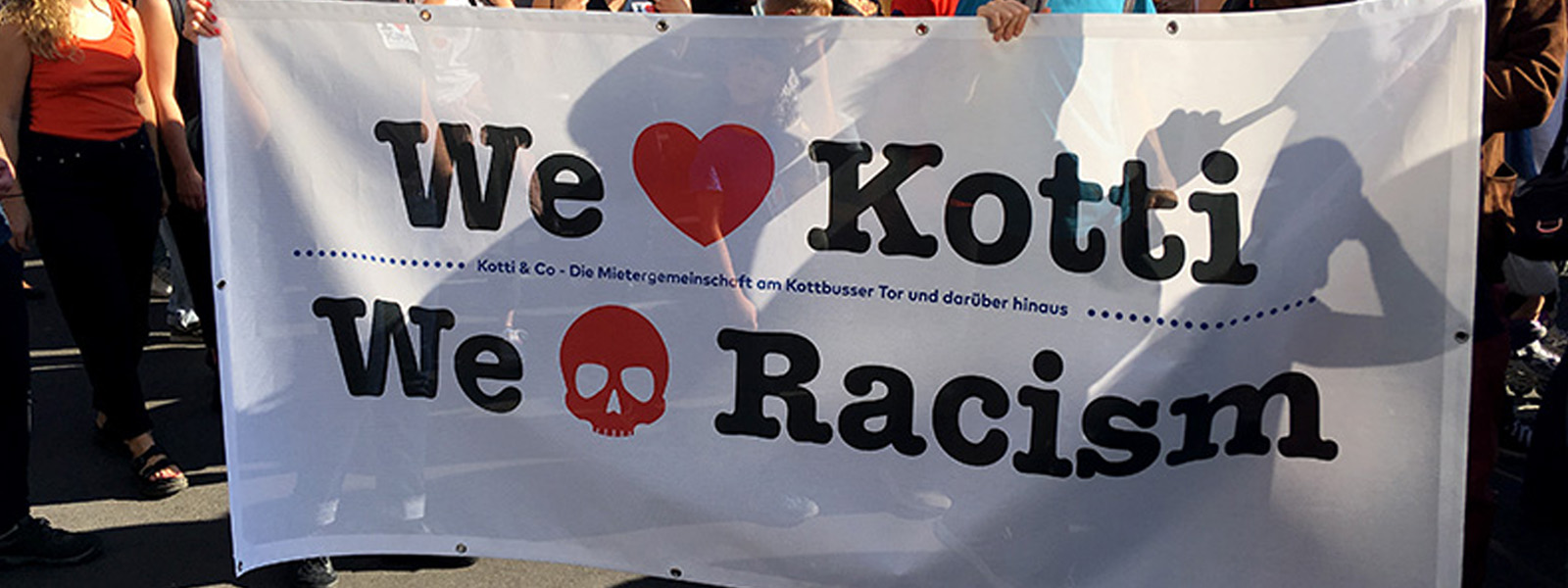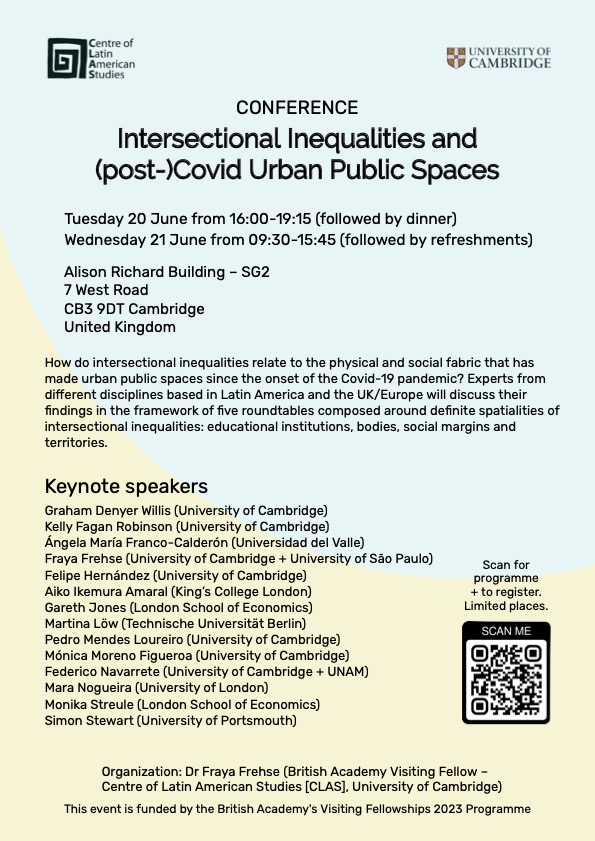For several decades, Henri Lefebvre’s theory of the production of space has been an important source for theory, research and action across the world. However, a broader dialogue between activists, researchers and theorists across different contexts and perspectives has developed only recently. Since the turn of the century, the concept of the right to the city has been used in many places as a rallying cry and a broad framework for the conceptualization of urban action and struggle. But Lefebvre’s theory has much more to offer, because it is not just a collection of concepts and terms. It is a general theory of the production of society in space and time that allows us to think of society in its spatial and temporal context at various scales and levels. It asks for investigations that challenge and renew extant methodologies and forms of theory building while encouraging de-centered perspectives on the urban. Lefebvre’s transductive procedure and his open-ended dialectical method want us to include our everyday experiences in developing theory, and thus to keep our thinking constantly in motion. Therefore, Lefebvre’s theory can only be developed further in dialectical interaction with both practice and research. It also requires ongoing dialogues with other currents of theory and practice.
Panel session organized by Christian Schmid and Monika Streule at the RC21 conference, Santiago de Chile 2024




